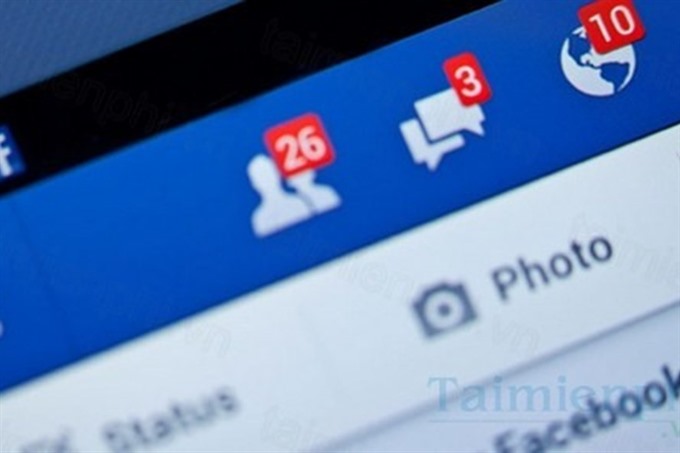.jfif) Opinion
Opinion

Dr. Đỗ Văn Quân from the Việt Nam Academy of Social Sciences talks to Khoa học & Đời sống (Science & Life) newspaper on how to utilise social network properly.
 |
Dr. Đỗ Văn Quân from the Việt Nam Academy of Social Sciences talks to Khoa học & Đời sống (Science & Life) newspaper on how to utilise social network properly.
Trương Quang Nghĩa, Secretary of the Đà Nẵng City Party Committee has recently said that nowadays many Government officials have shied away from social networks, especially Facebook. As a researcher on the role of social counter-arguments on the mass media, how do you respond to this?
I highly appreciated what Nghĩa has said. This is an indication that he has acknowledged the role of social networks in our society nowadays. It is undisputable that social network nowadays is a fruit of the civilisation of mankind. And that trend will become more and more popular in the fourth industrial revolution. All rank and file people have opportunities to approach the trend and be influenced by it.
In my opinion, in our society, a group of people has shunned social networks and the Facebook. This is a fact. And I think these people have turned their back on the development trend of our time.
Why do you say that it is a trend they are going against?
If you’re a Government official, you should face facts. And if you’re a good and competent cadre, people will appreciate your good performance, if not, you will be criticised. And of course, in our life, we have learned from our own mistakes and from others’ mistakes.
In Việt Nam we have a saying “a good anvil doesn’t fear the hammer”, so if you don’t do anything wrong you shouldn’t worry about what other people might say about you.
Many people have described social networks as a market. What’s your point of view?
In my opinion, if we use social networks correctly, they will be very useful for us. They could be considered as our eyes and ears. It is a useful information network if we know how to use it. It has provided us with both positive and negative news. And more importantly, it doesn’t cost us a single penny to hear or to take these pieces of news.
If we handle the news carefully, the news will become very handy to us. Of course, social networks could be described as double-edged swords. That’s why when we use them we have to think twice – the good side and the bad side of that piece of news and take our social responsibility for giving such a piece of news to the general public.
As we’re working in the media, we have to follow certain rules. The most important principle is that we have to show our social responsibility toward the society in what we are doing or writing. In other words, each of us should have screening skills, rich general knowledge and be sensitive of political issues.
Many Government officials have been sanctioned due to giving inaccurate information on social networks. Do you think this is why officials have shied away from social networks?
This is only one of the many reasons why many Government officials don’t want to use social networks. In my opinion, agencies should inquire into the issue more carefully, yet objectively. If that piece of news has reflected the truth of what had happened, we should give rewards to the writer, but if it is a false piece of news, that writer must be sanctioned.
What should we do to help Government officials not to shy away from social networks?
In each Government office or agency, we should develop a certain rule or regulation for all the staff to follow. For example, in what circumstance a staff can use the social network to express their opinion, an idea or to share a piece of information with other people. This is one way for a Government official to show their responsibility in using social networks.
You’re a Government official and also a member of the Communist Party of Việt Nam. Do you use social networks?
Social networks are a very important communication channel for me. However, when I visit social networks, I know what I should read and what item I should give a ‘like’ to or to share with other people or to write my comment. In other words, I always consider what I should write/comment/share on social networks.
What about fake news on social networks, should we read for the sake of reading it or leave a comment on it?
It is hard to say. But as I have mentioned above whether social networks are good or bad depends on the user. That’s why we should not boycott them. Let me give you an example, Singaporean Prime Minister Lee Hsien Loong or US President Donald Trump, they both have used social networks and they have created good impacts on society. Or more recently, Vietnamese Minister of Public Health, Nguyễn Thị Kim Tiến sang the song “A girl on the La River” on social networks and her singing won high appraisal from the general public. — VNS




